Our students will give us what we expect, every time. Well… kind of. Maintaining high expectations for our students (or our children, or employees, or ourselves…) is not rocket science, but it is vitally important. Maintaining high expectations does not magically create high quality results, either. We can carry those high expectations, but the transfer to what kids know and do is not a guarantee. What might be a guarantee is this: if our expectations of students are low, they’ll meet the mark nearly every time.
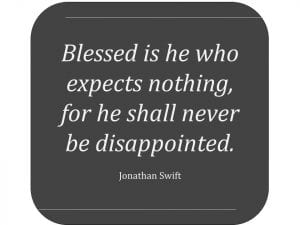
It happens all too often: we focus on the deficits of the kids who come our way. Too many of our kids come from broken homes, from poverty, from families who don’t value education (perhaps because they are fully occupied with getting food on the table???) Too many of our kids seem to lack motivation and outside support. It can be depressing and self-defeating to remain focused on these stark realities. However, when we remember to keep such factors in the category of “those things outside of our control,” and instead focus on “those things within our control,” we have positioned ourselves to make things happen. And it ain’t easy. And it’ll never get easier if we remain focused on “those things outside of our control.” And it’ll get slightly easier when we make maintaining high expectations, one of many of “those things within our control” for ALL a habit, despite (or perhaps because of) our students’ circumstances.
Speaking of all, I mean ALL students: those who come to school ready and eager to learn, and those who come to school from the above-mentioned circumstances. Sometimes we fool ourselves into thinking that we do maintain high expectations for all, but in reality, we are only acknowledging what we expect from our average or above-average students. We are only truly maintaining high expectations if our arc is wide, encompassing every student in our classroom.
Have I mentioned it ain’t easy? Our students will disappoint us; they will fumble and fail. Those fumbles and failures should very much be part of our expectations, and we very much should be prepared to guide our students through them. Oh, and we should very much expect that we will fumble and fail. But we’ll be better for it, and so will our students. They have to know that we expect great things, not perfection; failure is part of the process. Thanks, Clint, for sharing:
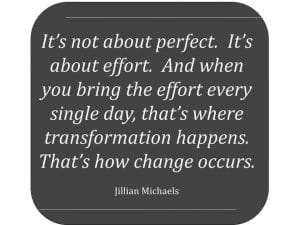
I was lucky enough to be involved in two coaching cycles recently, where we practiced implementing the Labs component of the EL Education Curriculum in our FMCSD kindergarten classrooms.
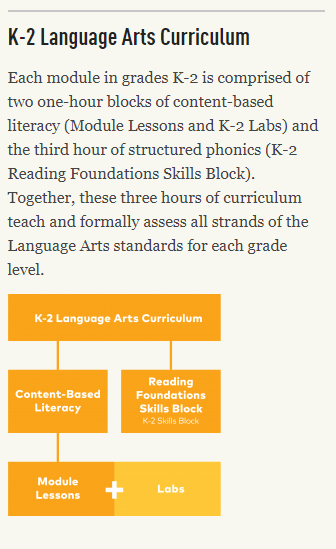
We are approaching the close of our second year of implementing the curriculum which has been a heavy lift, to say the least. The Foundational Skills Block and the Module lessons comprise the heart of the curriculum. These two components are a perfect marriage, which can be thought of through the lens of the Simple View of Reading, (I just can’t get through a post without mentioning it!) where the Skills Block addresses the Decoding side of the equation, and the Module lessons address the Language Comprehension side of the equation.
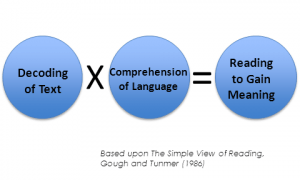
Quick side note: I can’t wait to dig into Nell Duke and Kelly Cartwright‘s newly released work around advancing the Simple View to the “Active View of Reading!”
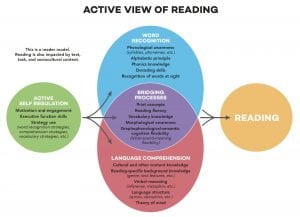
Back to those Coaching Cycles… Tackling the Labs component of the curriculum, a third hour of instruction, has been a bit daunting to even entertain. But we have some brave kindergarten teachers who were ready to take on the challenge! These teachers clearly have high expectations of their students, and of themselves. They recognized that the Labs would “…build students’ content knowledge, develop oral language, and engage in purposeful play using multiple modalities.” There were certainly times during planning and implementation that our expectations (of ourselves as a coaching staff {Rachella, Wendy, Corrine} and as teachers {Dawn, Kristy, Shelly, Beth, Mary, Shannon}) might have been lower than what I am proposing in this post, but we persevered, and implementation happened in all six of our kindergarten classrooms. Thank you, Rachella, for getting this project off the ground! Our first and second grade teachers will be able to join the pack at the beginning of the 21-22 school year!
During my time in two of these classrooms, I witnessed students rise to the challenge of taking on new routines, adapt to an additional teacher in the room, and learn how to engage in the four Labs components: Create, Imagine, Engineer, and Research. If we had kept our expectations low, our students wouldn’t have accomplished what they did. As students used the vocabulary from the Module lessons and frequently made connections to those lessons, it was evident that their teachers’ high expectations were paying off. For me, there were distinct moments where I was able to focus on maintaining high expectations, and moments where despite my high expectations, students didn’t meet them (remember: it doesn’t magically happen). Sometimes those high expectations showed up in the expected regular use of high level vocabulary from the curriculum (perseverance, collaboration, research), and sometimes high expectations showed up in the conversations that I had with individual students: “Are you up for a challenge now that you’ve completed that step?” “You are producing some high-quality work! Let’s see what you can do to improve it further,” or “You’re absolutely right. This is hard work. But I know you can do it!”
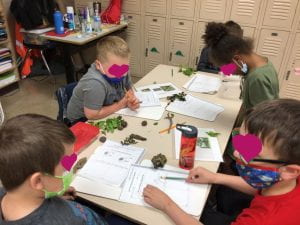
Researching local trees in the Research Lab
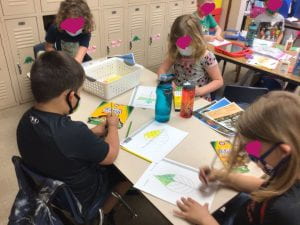
Designing leaves in the Imagine Lab
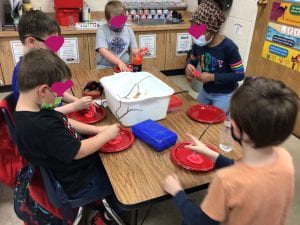
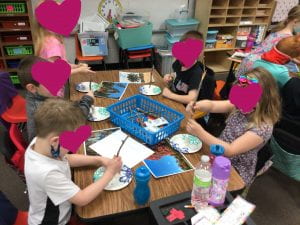
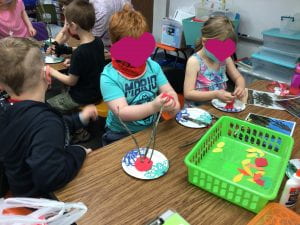
Making 3-Dimensional trees in the Create Lab
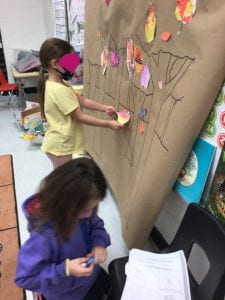
Adding leaves to the Imaginary Forest
Reaching high levels of learning by maintaining high expectations for ALL students can be achieved when many factors are in place. When we capitalize on what students CAN do and recognize what we perceive that they cannot do, we are already set up to maintain high expectations. When we capitalize on a growth mindset and guide students to recognize that what they “cannot do” is likely temporary, we are already set up to maintain high expectations. When we capitalize on the power of collaboration over isolation, we are already set up to maintain high expectations. The transformative power occurs when those high expectations result in the ultimate goal: high levels of learning for ALL.
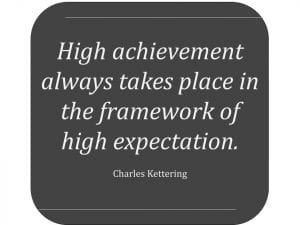
Quotes Slide 20
? Education is about elevation – George Couros